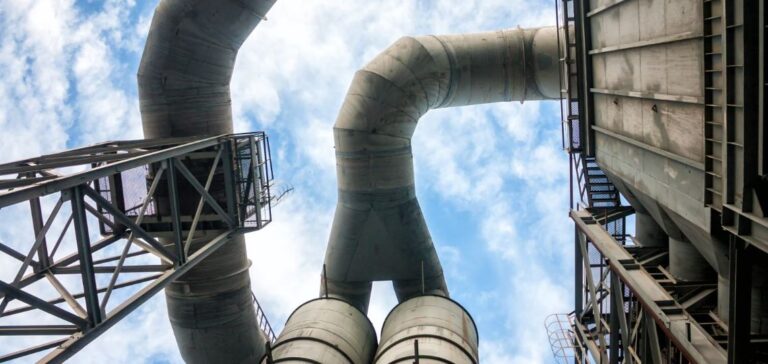The Ecoplanta project, led by Repsol in partnership with Enerkem, has reached a significant milestone. Repsol’s board of directors has given its final approval for the investment in this ambitious project, which will involve the construction of a facility capable of converting non-recyclable municipal waste into methanol.
An Innovative Technology to Transform Waste
This plant will be located in El Morell, Spain, and will use Enerkem’s advanced gasification technology. Thanks to this innovation, the Ecoplanta plant will divert up to 400,000 tons of waste per year, preventing them from ending up in landfills or being incinerated. These waste materials will then be converted into 240,000 tons of methanol annually, which can be used in the production of circular chemicals or advanced biofuels.
Contributing to the Decarbonization of Industrial Sectors
The project’s goal is to contribute to the decarbonization of hard-to-decarbonize sectors, particularly transportation and chemicals. In addition to reducing reliance on fossil feedstocks, Ecoplanta highlights the possibility of creating a greener circular economy by repurposing waste that was previously deemed unusable.
A Promising Technological Model for the Future
For Enerkem, this project represents a major step forward. Michel Chornet, the company’s CEO, emphasizes the importance of this investment decision, which could serve as a model for other similar initiatives in the energy transition sector.
A Project Supported by Key Stakeholders
The Ecoplanta facility is expected to be commissioned by 2029. This project is backed by several key players, including Technip Energies and the European Innovation Fund, reflecting its potential to influence the development of large-scale sustainable technologies.
An Initiative in the Global Transition Context
The Ecoplanta project is part of a global context where initiatives aimed at converting waste into energy or feedstock are multiplying, yet it remains one of the most concrete examples of the convergence between technological innovation and industrial sustainability goals.






















